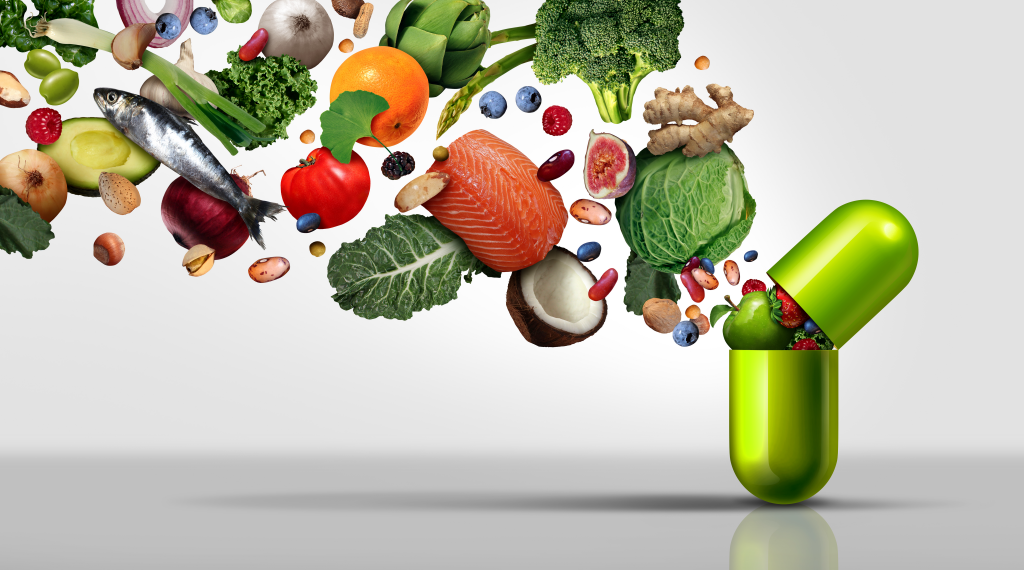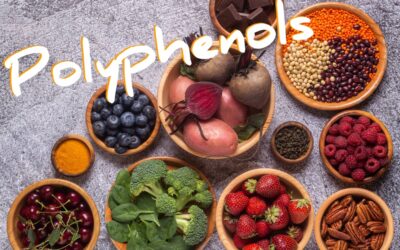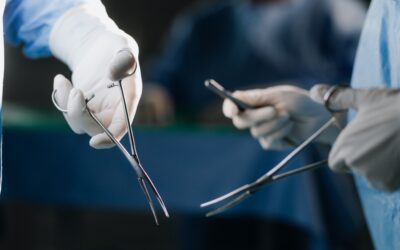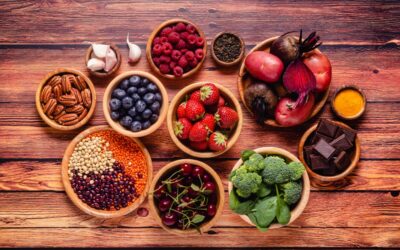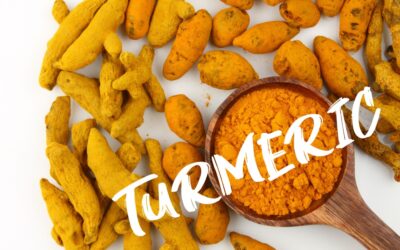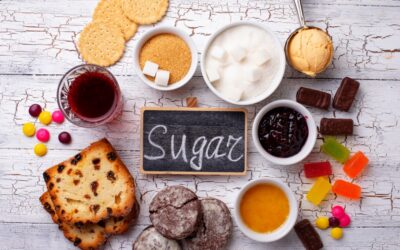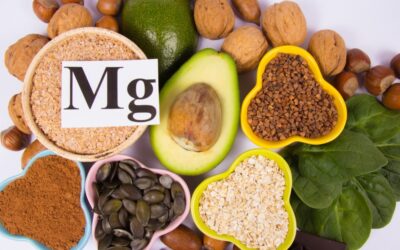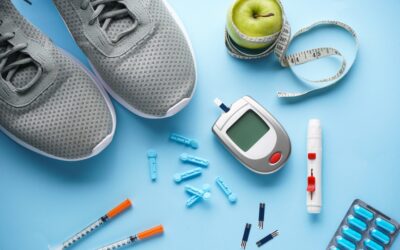Brain Health and Recovery: Food IS Medicine
Food can be an excellent tool to enhance brain health and recovery. However, if you thought the brain was a complicated system to understand, the data on nutrition is far more complicated. So, spoiler, there is no “perfect diet” to optimize brain healing after a neurologic injury. However, food is arguably the most powerful “therapeutic”.
How you ask?
Well, the journey of that bundles of molecules (food) from mouth to a single cell is long. And not all molecules that enter the journey are created equal. Some have noble intent (provide cellular energy, support cell structure and function). On the other hand, others are hell bent on wreaking havoc.
Knowing the difference is a critical component to empower you to make the best food choices to get the greatest therapeutic impact. That said, in this article you will learn how food is broken down and taken up into the cells (digestion). This mechanism is the foundation for understanding why our food choices matter when it comes to brain health and recovery.
Your digestive system and how it works
If you have been following me for a while, you know I love to provide a good story to help deepen understanding of critical concepts for neurologic rehabilitation. In this case, the story starts with that first bite of goodness that will eventually be used to impact the functioning of the little cells that make up the body. Often referred to as digestion.
Digestion is the process by which the body breaks down food into smaller molecules to be used by the body to sustain life. It is a complex process that involves the coordination of many different organs and enzymes in the body.
The process of digestion begins in the mouth, where food is chewed and mixed with saliva, which contains enzymes that begin to break down carbohydrates.
From the mouth, food travels down the esophagus and into the stomach, where it is mixed with stomach acid and digestive enzymes that break down proteins. The stomach also churns the food, breaking it down into smaller pieces.
After leaving the stomach, food enters the small intestine, where it is further broken down by enzymes from the pancreas and bile from the liver. Nutrients from the food are absorbed into the bloodstream through the walls of the small intestine.
The remaining waste products then move into the large intestine, where water is absorbed and the waste is formed into feces. The feces are then eliminated from the body through the rectum and anus.
Food IS Medicine
In summary, food is to be enjoyed. However, food is ALSO about function. Those broken down molecules are critical to cell survival, growth, AND repair. Food IS the most critical component to brain health and recovery after injury. In other words, food IS arguably the most valuable “medicine”. So the next time that piece of chocolate cake calls our name, I hope that you and I can choose wisely.
Articles you may be interested in:
Exploring the Connection Between Cortisol, Stress, and Overall Health
The “Longevity” game is not about living long, but living “well”. And the hidden player calling the shots might be cortisol, aka the stress hormone. As stress permeates our lives, its effects on our overall health become increasingly apparent. In this article we will...
Polyphenols: Health Benefits and Food Sources
I have long believed that a diet of fruits, vegetables, and seeds had a positive impact on overall health. A great example are studies looking at people who eat a Mediterranean diet (diet with a high concentration of fruits, vegetables and legumes). The reason might...
The Bleeding Edge: Film Review
We now live in an era where there is a medical device for most problems. Case and point, we can now replace a “degenerating hip”, fix a “dysfunctional heart”, prevent an unwanted pregnancy, “lift” a falling organ, drain unnecessary fluid from the central nervous...
Antioxidants: A beginners guide to understanding these powerful chemicals
Cardiovascular disease and cancer are responsible for 44% of deaths in the US. 6.2 million Americans are living with Alzheimer’s disease and nearly 1 million with Parkinson’s disease. All of these diseases have one thing in common, oxidative stress. But there is...
Turmeric: Health Benefits and Food Sources
There is a growing interest in people wanting to take control of their health and “longevity”. With this in mind, curiosity is growing surrounding the best “diet” for overall health and disease prevention. And of course, the jury is still out on whether or not there...
What sugar really does in the body
Is sugar really "bad"? I know most of us have been told that this is the evil of all evils when it comes to "health". But not so fast. Not all sugar is created equal. Sugar is one "type" of carbohydrate. And yes, some carbohydrates might not be optimal in some...
A Guide to Magnesium: The Mineral That Can Do a 180 on Your Health
Magnesium is an essential nutrient required to maintain overall health. However, nearly half of Americans don’t meet daily magnesium intake recommendations. Magnesium deficiency is associated with several diseases. It is vital to ensure your food intake boosts the...
Managing Stress with Diabetes Made Easy: Tips That Tip the Scale in Your Favor
Over 537 million people around the world live with diabetes. The condition affects a whopping 10.5% of the adult population, and there’s no denying how difficult it can be to manage it. One day, you’re living life to the fullest—eating your favorite cake, regularly...
Mindfulness: Health Benefits and Getting Started
Understanding Mindfulness, Its Benefits, and How To Get Started Mindfulness. We hear this word so often that it’s easy to dismiss it as the latest New Age fad. But before dispensing with the idea altogether, consider that mindfulness-based cognitive therapy has been...
The Minimalist: Less Is Now Review
In a world overwhelmed by the ceaseless noise of consumerism and material excess, there is a growing trend of people transitioning toward the perceived gateway to profound well-being. Minimalism, is fast becoming an appealing lifestyle that adopters believe has some...

